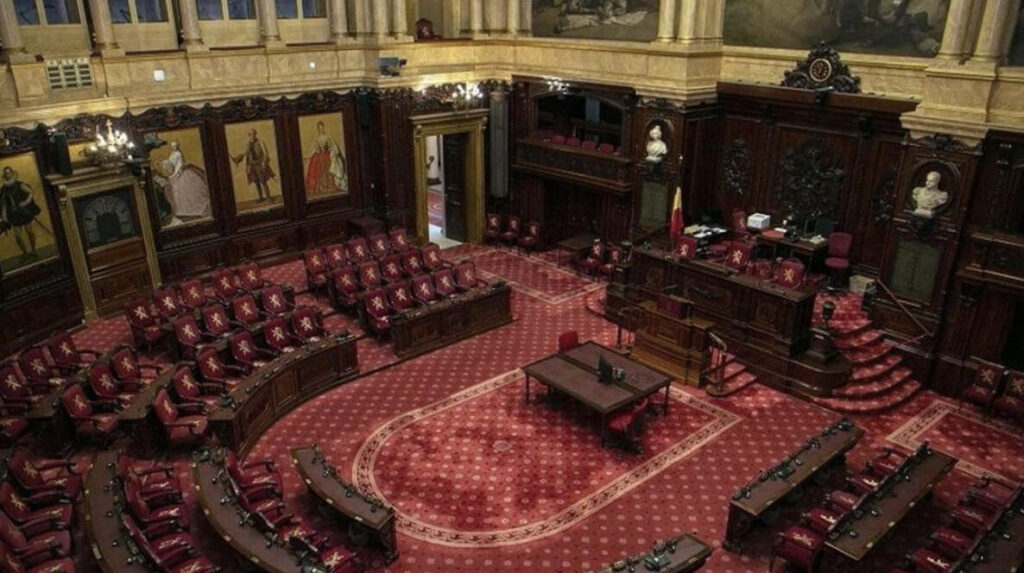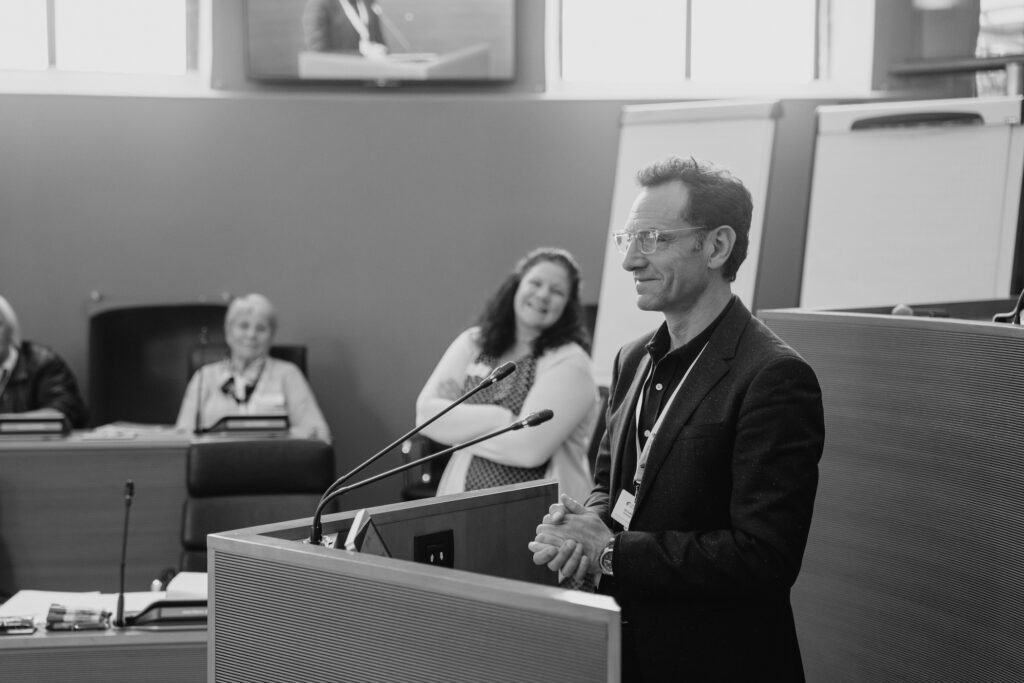Wiki Commons photo
These days, everyone is putting forward their more or less brilliant ideas on how to reorganise Belgium and reform the Constitution. Anticipating the fundamental debates, these proposals short-circuit two essential questions: what vision of Belgium’s future and what democratic missions should the new institutions serve?
The values that presided over the emergence of different forms of democracy in the 18th, 19th and 20th centuries were similar. The aim was to free citizens from arbitrary rule and even from the yoke of dictatorship, to cultivate political freedom and freedom of expression, and to encourage equal rights and human dignity. These ideals of government by, with and for the people, which espouse the ideals of “liberty, equality and fraternity”, national sovereignty and equal access for men and women to electoral mandates and elected offices, are being disseminated everywhere. Belgians were declared “equal before the law”, “the rights and freedoms of ideological and philosophical minorities” and “individual freedom and property were protected.
Fortunately, few are in favour of going back on these guarantees. We take it for granted that new institutions will continue to protect these fundamental needs. But what really should be the mission of Belgian democracy in a Europe buffeted from within and without, in an increasingly complex world, over the coming decades? Like the federal constitution, institutional questions are addressed in the debate that arises before the project for society is clarified.
Are Belgians dreaming of electric sheep?
In his famous 1966 futurist novel Do Androids Dream of Electric Sheep? Philip K. Dick imagines that Earth, devastated by a nuclear war, is inhabited only by a handful of humans who have chosen not to emigrate to Mars. In a world where androids have replaced many humans and animals, the author asks what it is that makes people human. To take up the same question in a world that could one day resemble the one he evoked – hopefully in much less gloom – and to paraphrase the title of his book: what is the collective dream of Belgians for the next century, a dream in the service of which institutions should be designed?
As the Dutch historian Rutger Bregman argues in his essay Utopies réalistes, a dose of the dream is essential if we are to build a society. Johnny Halliday sang about “wanting to want”. There is no shortage of issues to mobilise people for the future, and we can be confident that this first level of the societal project will be addressed, given the strong deliberative impetus within Belgian society in recent years driven by pioneers of new forms of organisation, from collaborative banks to universal income, from advanced forms of citizen participation to digital technology projects at the service of the citizen, from climate mobilisations to health tech...
However, we must ensure that these debates do not take a back seat, as suggested by the first untimely pushes of political pawns, but form part of the core of the discussion on the future of the institutions. For the institutions are not simply pipes through which power flows, but machines at our service. So yes, let us reaffirm the decisive importance of fundamental rights in the face of competing regimes. But with what new dreams?
There is also a second level to the project that has not been, and we fear will not be, addressed: what do we want the institutions to produce, beyond protecting and maintaining human rights, the environment or citizen participation?
What if our institutions facilitated collective intelligence instead of repressing it?
Roughly speaking, our institutions are based on the delegation of deliberations and decisions to elected representatives, with a recent wave of enthusiasm for mechanisms to enable citizens to contribute to the political process. On a daily basis, we all keep our fingers crossed that what comes out of this complex system – which is indecipherable for many citizens who have less and less faith in it – will be good public policy. But what is our definition of good political decisions?
Political scientists talk about the legitimacy of public decision-making in terms of its “inputs” (citizen input in particular), its process (decisions are taken in a way that is recognised as fair, transparent, etc.), and its impacts (public policy has the desired effects). What do we favour in this, and which institutional design best cultivates which qualities?
Let’s take the example of impact. How do we design institutions so that, to put it simply, they are as intelligent as possible? That is to say, so that they do not produce a flabby consensus below the stakes or compromises that are harmful to future generations, but original solutions that are better than previous ones, efficient in terms of resources, implemented on time, with as many beneficial collateral effects (and as few negative ones) as possible, and that approach the optimum of beneficial effects for the greatest number? This science is obscured in advance by the hasty positions taken, one eye riveted on the polls, the other on the desired shape of the next mandates.
Yet this science does exist. It is the study of collective intelligence, which today mobilises all facets of intelligence – human, emotional and computer – to produce better decisions. If the founding fathers of the Republican Constitution of the United States – and the drafters of the democratic constitutions that followed – were suspicious of ‘popular democracy’, and if they never made the mobilisation of citizens’ capacity for collective reflection an official mission of the public authorities, it is time to change era.
For Belgium – and, by the way, Europe – to be equipped to meet the challenges of the 21st century, we must first and foremost think about what drives us and how to organise our institutions so that they mobilise our collective intelligence and imagination in the service of our common project.
Translation of an opinion piece originally published in the newspaper L’Echo
Authors: Stephen Boucher [Dreamocracy], Wietse Van Ransbeeck [GoVocal].




